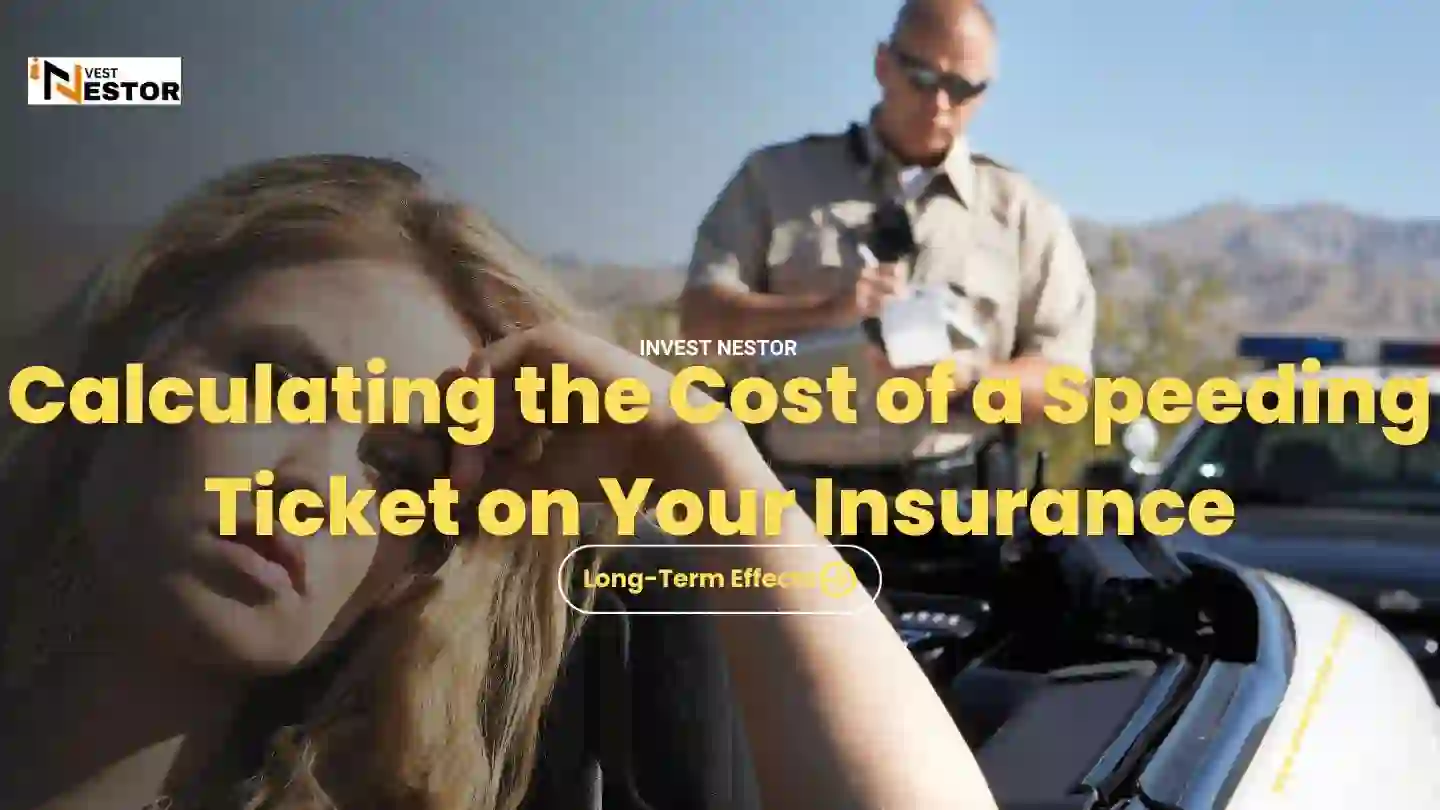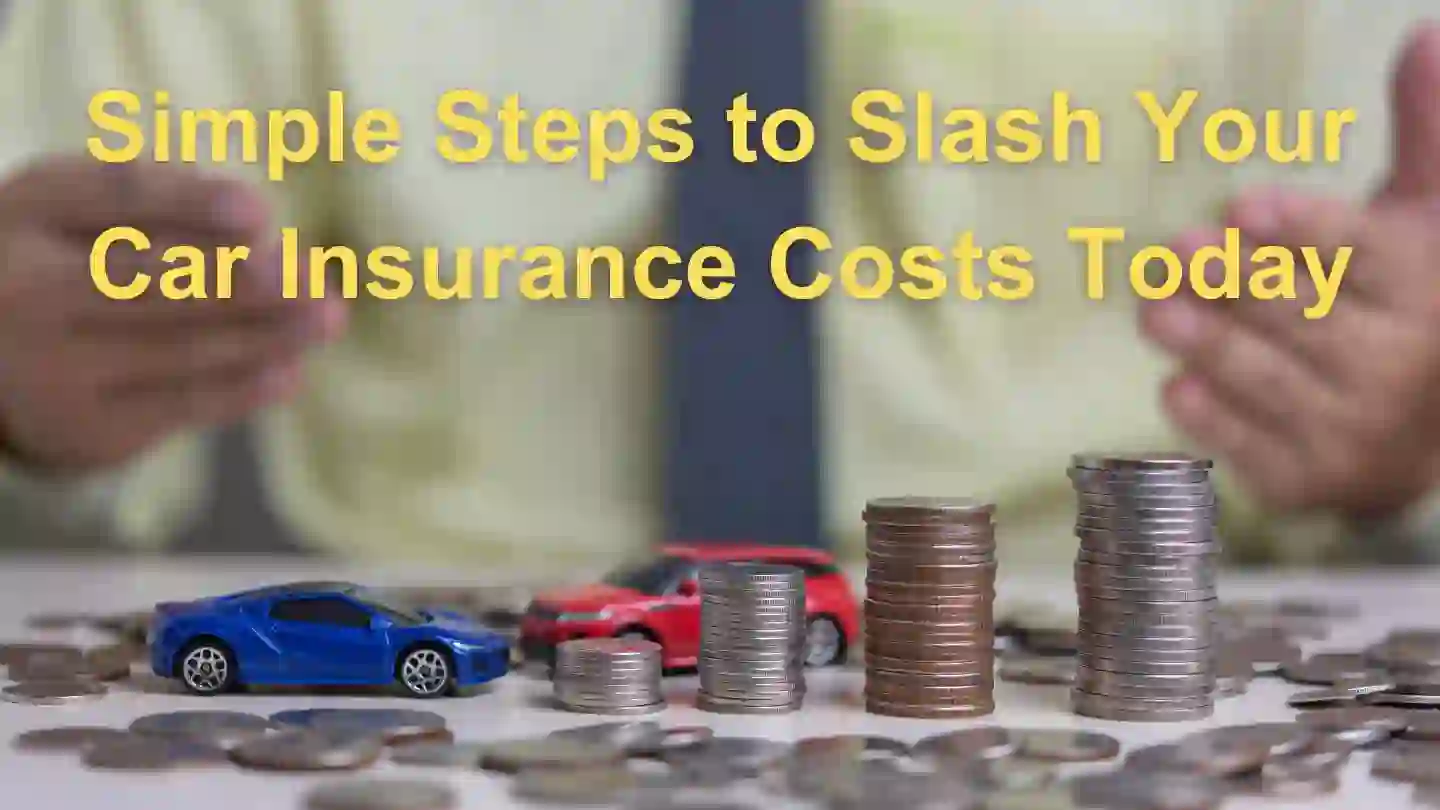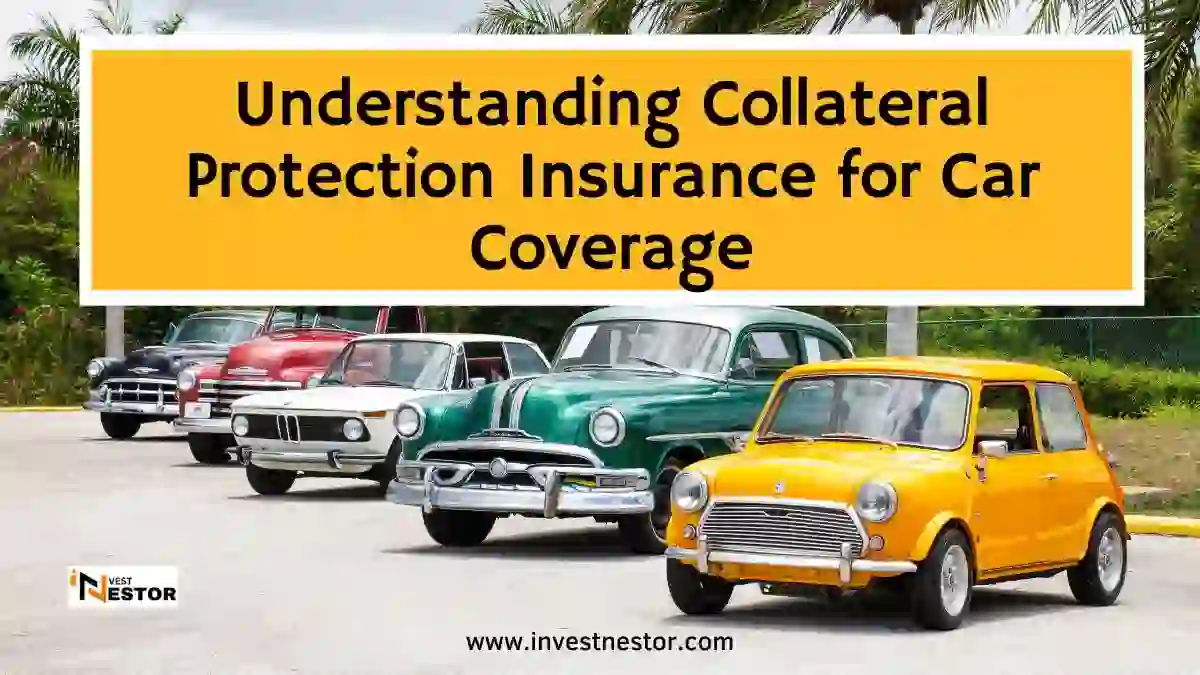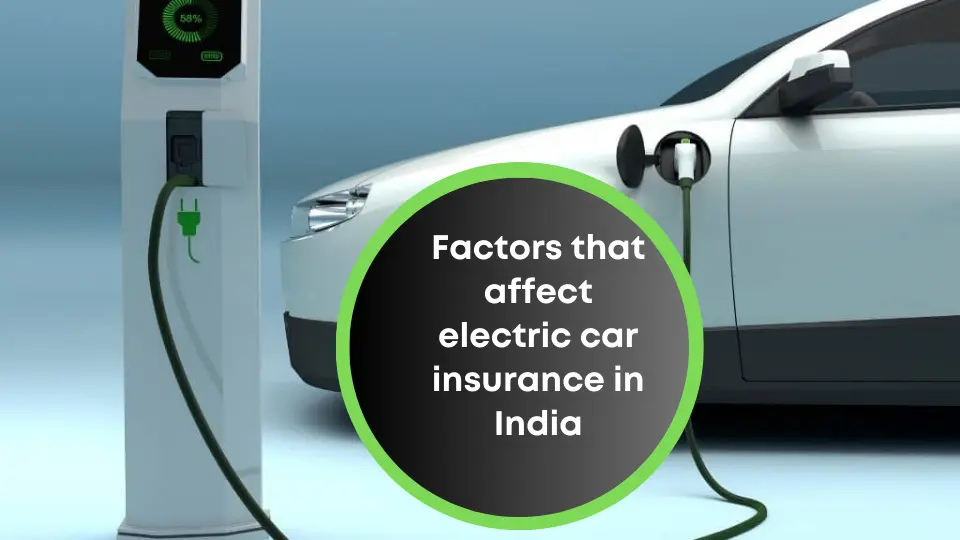
Long-Term Effects of Speeding Tickets on Insurance Premiums
What happens to your auto insurance after a speeding ticket? Most drivers need to understand speeding tickets raise insurance premiums for years. The process of speeding tickets has repercussions beyond the fee. Insurance companies raise prices for fast drivers because they assume you're a more significant risk. Speeding and driving records affect how much your rates rise. Multiple fines or excessive speeding can raise your rates by almost 50%! Fortunately, rate rises can be avoided or mitigated. Keep reading to learn how a speeding ticket affects insurance.
Key Highlights
You may only pay 5-10% more for a single ticket if you have a clean record. However, several tickets can increase rates by 20% or more.
Driving a few miles above the limit may not be as harmful as going 20-30 mph over. Due to their high risk, excessive speeders will have higher premiums.
A speeding ticket usually won't raise your premiums if you carry the state's minimum liability coverage.
Speeding Tickets and Your Auto Insurance Rates
A speeding ticket can definitely affect your auto insurance rates. Insurance companies consider speeding drivers a higher risk and will likely raise your premiums.
How much will your rate go up? That depends on several factors:
-
The number of miles over the limit. Going 5-10 mph over will usually have a more minor impact than 15 mph or more.
-
Your previous driving record. If you have a clean record otherwise, the increase may be less severe. Multiple tickets will cause a more significant hike.
-
The state you live in. Some states prohibit rate increases for a first minor offense. Others allow insurers more leeway.
-
Your insurance company's policies. Each company evaluates tickets differently. Shop around at renewal time—you may find another insurer with lower rates even after a ticket.
Factors That Influence Insurance Rate Increases After a Ticket
A speeding ticket can, unfortunately, cause your insurance rates to increase. Here are a few factors that determine how much your rates may go up after a ticket:
Your Driving Record:
If you have an otherwise clean record, a single ticket may only result in a slight increase, around 5-10% on average. However, multiple tickets can lead to significantly higher rate hikes of 20% or more. As a high-risk driver, your insurance prices will reflect that.
The Type of Ticket:
More severe offenses like reckless driving will significantly impact more than a minor speeding violation. Tickets for going 25 mph or more over the speed limit are also seen as significant infractions and can cause larger rate increases.
Your State's Regulations:
Insurance laws vary in each state. Some states prohibit rate increases for minor first-time tickets. Other states allow insurance companies more flexibility to raise rates after any moving violation. Check with your state's insurance commissioner to see the specific rules in your area.
Your Insurance Company's Guidelines:
Each insurer has its own policies on rate increases due to tickets. Some companies may not penalize you for a first minor offense, while others may apply a surcharge. Suppose your rates go up significantly after one ticket. In that case, it may be worth shopping around at other companies to find a lower rate.
How Does a Speeding Ticket Affect Your Insurance?
A speeding ticket can raise vehicle insurance costs, especially for new drivers. Speeding tickets indicate unsafe driving. Therefore, insurance companies may increase your premiums. The impact depends on several factors:
-
The number of tickets you have received recently. Multiple tickets in a short time frame suggest an ongoing issue with speeding and reckless driving, so your rates may go up more significantly.
-
How fast you were going. Driving just a few miles over the limit may have a more minor effect than excessive speeding, like going 20-30 mph over. Extreme speeders are seen as high-risk, so premium hikes will likely be steeper.
-
Your state laws. Some states restrict insurance companies from boosting rates for a minor speeding ticket. But in most states, insurers can increase your premiums after just one ticket.
-
Your insurance company's policies. Each insurer evaluates speeding tickets differently in their underwriting policies. Some may not count minor tickets against you, while others may raise rates even for minor infractions. It depends on the company and the types of policies they offer.
-
Your previous driving record. A single ticket may not impact your rates if you have an otherwise clean record as a safe driver. But another speeding ticket could mean a sizable premium increase for drivers with a history of tickets or accidents already on their record.
Thus, speeding tickets raise vehicle insurance rates. It pays to drive safely. Clean driving records with no fines or accidents are the most significant way to keep insurance cheap. If you get a ticket, check insurance quotes to obtain the most affordable rates and raise your deductibles to offset the hikes.
Minimum Vs. Full Coverage After a Speeding Ticket
Speeding ticket? Your auto insurance provider will know. What impact will this have on your coverage and rates? It's all about your coverage type.
Minimum Coverage
If you only carry the minimum liability coverage required in your state, a single speeding ticket typically won't impact your premiums too much. Liability insurance only covers damages to other vehicles and property, not your own. So, the insurance company sees you as less of a risk. However, multiple tickets in a short period of time may prompt a rate increase, as you would be considered a higher-risk driver.
Full Coverage
Suppose you have a policy that includes comprehensive collision coverage for your own vehicle. In that case, speeding tickets are more likely to affect your rates. Speeding drivers, especially teens and those with a history of fines, may have higher premiums since the insurance company views them as a higher claim risk. The ticket price may grow 10-20% in 3-5 years.
The Bottom Line
Now, you know how a speeding ticket affects insurance. Speeding is unsafe; insurance firms demand higher prices. Fortunately, you can mitigate the harm. Take a defensive driving course or dispute the ticket in court. Maintaining a clean driving record also reduces the effects. Although increased insurance premiums are bothersome, they're better than committing a significant accident. Drive cautiously and observe the speed limit to save money. Your bank account and insurance company will appreciate it.
Suggested Articles:





0 Comments
Add a comment